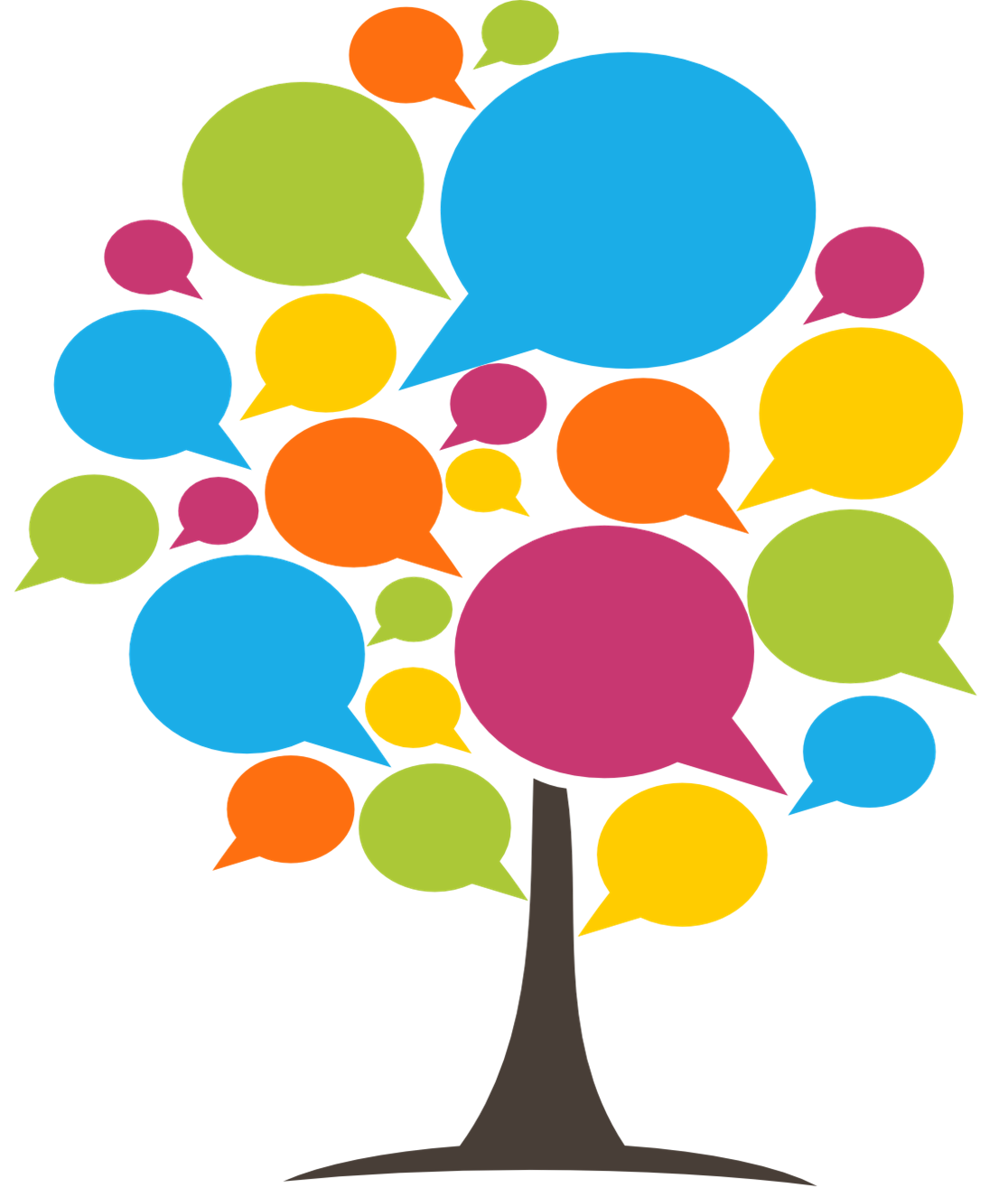Course Type: Video – 1 hour
ASHA Course Code: Developmental Language Disorders – 3010
Typically developing children acquire thousands of new words throughout elementary school in an almost effortless process. Difficulties learning and remembering new vocabulary are common in new referrals and are reflected in the goals. Learn what negatively impacts vocabulary retention and about research-based strategies that can help close the gap.
Level, Authors, and Disclosures

Financial Disclosure: Scott Prath, M.A., CCC-SLP is a salaried employee of Bilinguistics. Bilinguistics receives royalty payments for online courses.
Non-Financial Disclosure: Scott Prath does not have any non-financial relationships to disclose.
Read More
Typically developing children acquire thousands of new words throughout elementary school in an almost effortless process. Meanwhile, difficulties learning and remembering new vocabulary are common problems cited in new referrals and are reflected in the goals of our students. Participants learned what negatively impacts vocabulary retention and about research-based strategies that can help
As children begin to understand the world around them, they learn to conceptualize the objects in their environment and communicate about them using commonly accepted names. The organization of these concepts grows more complex as children mature and as their experiences widen.
In order to better understand this phenomenon, researchers have investigated how children generate word names in response to different types of categories in varying conditions. Nelson and Nelson (1990) suggested that children first organize concepts in a highly contextualized, script-based categorization style, (e.g., foods we eat for breakfast). This is learned based on the daily routines in their environment. As their experiences broaden, Nelson and Nelson (1990) hypothesize that children become less dependent on context (e.g. the meal) as they begin to synthesize their experiences across contexts into general categories (e.g food). Understanding how children organize such knowledge provides insight into the development of their lexical naming ability.
Similarly, Crystal (1998) suggests that lexical learning requires adjusting one’s semantic structure to find a place for the newly-learned item within the existing lexicon. For example, a child may first learn to distinguish between different foods as the parent helps the child focus on key similarities and differences, such as taste, color, and shape, during the daily lunchtime dialogue to help them reorganize their vocabulary.
Assessing lexical knowledge helps speech-language pathologists and other educators understand a child’s language ability. In the field of speech-language pathology, single-word picture vocabulary tests have traditionally been used to assess lexical development for the purpose of diagnosing language impairment. However, these measures have been criticized for failing to reflect these important changes in semantic structure and organization.
Clinicians and researchers alike have questioned the construct validity, diagnostic accuracy, and appropriateness of using these measures with a variety of populations. For this reason, clinicians and researchers have started to use broader measures of vocabulary that may include descriptive information, similarities and differences in objects, synonyms, antonyms, and categorization to get a more thorough understanding of word knowledge.
Participants will:
- List 3 researched-based strategies for increasing vocabulary retention
- Associate 3 vocabulary research studies with therapy activities that show proven results
- Summarize the difference between how young children and older children generate vocabulary categories
- Identify two types of vocabulary errors typically made by bilingual children
Time-Ordered Agenda:
02 minutes–Introductions and Disclosures
10 minutes– 3 Research Studies Defining Vocabulary and Vocabulary Acquisition
35 minutes-Evidence-Based Strategies to Improve How Students Acquire Vocabulary
10 minutes-Adapting Vocabulary Acquisition for Second-Language Learners
03 minutes- Closing


